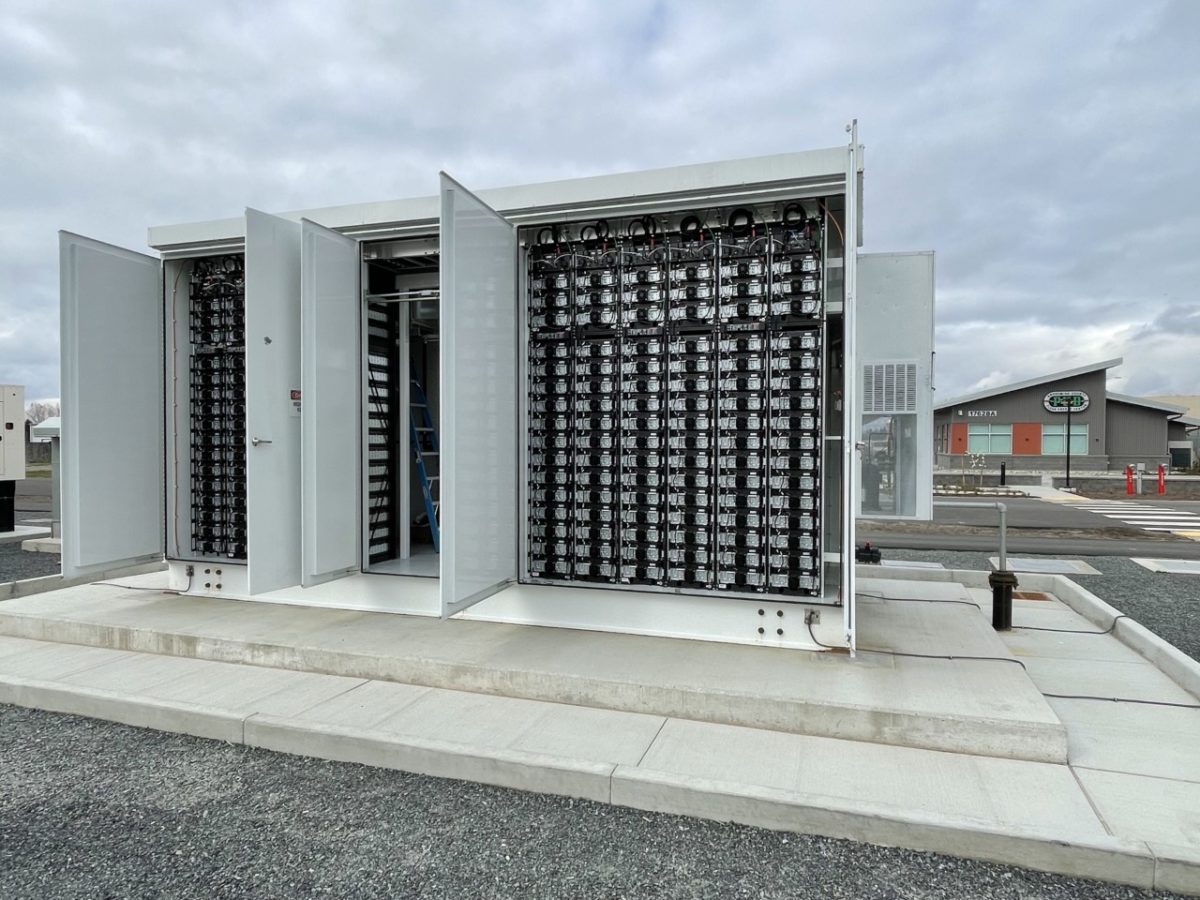From pv magazine Global
A research group from the U.S. Department of Energy’s Pacific Northwest National Laboratory (PNNL) has created a sensor system to detect fire risk in lithium-ion storage systems.
“The system is designed for lithium-ion storage, as that is the chemistry that presents the greatest risk, and, in particular, for outdoor cabinet-type enclosures where the batteries are accessed from the exterior,” PNNL scientist, Matt Paiss, told pv magazine, noting that it is applicable from 50kW to multi-megawatt cabinets.
According to fellow researcher Allan Tuan the system uses commercially available components and is easy to install on new installations or retrofits. “Cost depends on the size of the battery and an end user or operator can obtain the system for their particular site/facility through a low-cost, fixed-fee license from PNNL,” he told pv magazine.
Dubbed IntelliVent, the sensor system is described as a deflagration-prevention technique that combines automatically controlled door locks with a smart controller that manages signals from fire safety inputs such as smoke, heat, or gas detectors.
The sensor can reportedly detect the toxic flammable gases released by a lithium-ion battery when its liquid electrolyte vapourizes and pushes it to reach critical temperatures. “Depending on the size of the cell, these gases can come out at very high volume, very quickly, and can lead to fire or even an explosion,” Paiss continued.
The system is able to make all cabinet doors open before gas buildup and creates the conditions for a safer incident, while also avoiding the task of opening the doors of a battery under critical situations to O&M workers.
The technology will now be tested by the Arlington Microgrid and Clean Energy Centre in Everett, Washington, which will retrofit an existing 1.2 MW battery with the proposed system.
This content is protected by copyright and may not be reused. If you want to cooperate with us and would like to reuse some of our content, please contact: editors@pv-magazine.com.









By submitting this form you agree to pv magazine using your data for the purposes of publishing your comment.
Your personal data will only be disclosed or otherwise transmitted to third parties for the purposes of spam filtering or if this is necessary for technical maintenance of the website. Any other transfer to third parties will not take place unless this is justified on the basis of applicable data protection regulations or if pv magazine is legally obliged to do so.
You may revoke this consent at any time with effect for the future, in which case your personal data will be deleted immediately. Otherwise, your data will be deleted if pv magazine has processed your request or the purpose of data storage is fulfilled.
Further information on data privacy can be found in our Data Protection Policy.